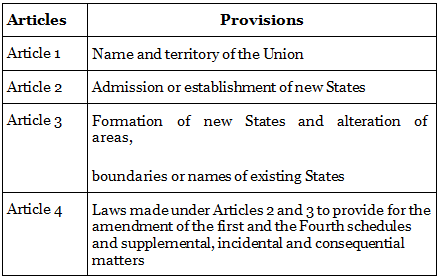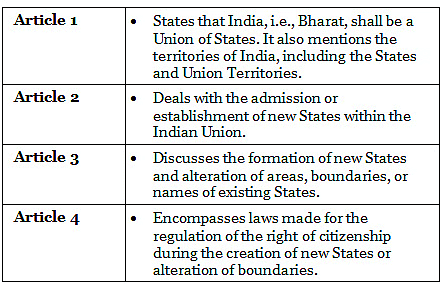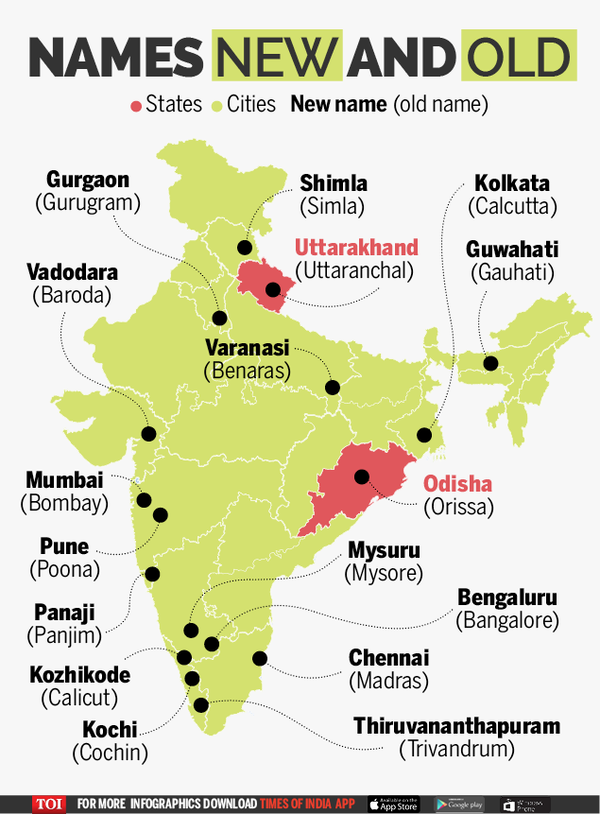Table of contents
The recent resolution passed by the Kerala Assembly to change the state's name to 'Keralam' involves invoking Article 3 of the Indian Constitution.
Let's break down the key aspects and implications of this move:
Article 3 of the Indian Constitution
Article 3 deals with the formation of new states and the alteration of areas, boundaries, or names of existing states. It empowers the Parliament to:
- Form a new state by separation of territory from any state or by uniting two or more states or parts of states.
- Increase or diminish the area of any state.
- Alter the boundaries of any state.
- Alter the name of any state.


However, such a bill can be introduced in Parliament only with the prior recommendation of the President. Additionally, the President must refer the bill to the legislature of the state concerned for expressing its views within a specified period.
The Process of Changing a State's Name
- State Resolution: The state legislature passes a resolution proposing the name change.
- Presidential Reference: The resolution is sent to the President of India.
- Parliamentary Approval: A bill is introduced in Parliament with the President's recommendation.
- Parliamentary Debate and Approval: The bill is debated and must be passed by a simple majority in both houses of Parliament.
- Presidential Assent: The bill, once passed, receives the President's assent and the name change is officially recognized.
Historical Context and Precedents

Several states in India have undergone name changes in the past. For example:
- Madras was renamed Tamil Nadu in 1969.
- Bombay was renamed Maharashtra in 1960.
- Orissa was renamed Odisha in 2011.
Specifics of the Kerala Resolution

- Initial Attempt: The initial resolution in 2023 aimed to amend the names across all languages listed in the Eighth Schedule of the Constitution. However, it faced procedural issues and was sent back by the Centre.
- Current Resolution: The modified resolution focuses on amending only the First Schedule of the Constitution, which lists the names of states and union territories.
Implications of the Name Change
- Cultural Significance: Aligning the official name with the local pronunciation ('Keralam') reflects cultural and linguistic identity.
- Administrative Changes: The name change would necessitate updates in official documents, signage, and legal references.
- Public Perception: It may enhance state pride and recognition of the local language.
Conclusion
The resolution to change the name of Kerala to 'Keralam' is a significant move that involves constitutional procedures and reflects the state's cultural identity. The process, while straightforward in legal terms, requires careful navigation of procedural steps and political consensus.

